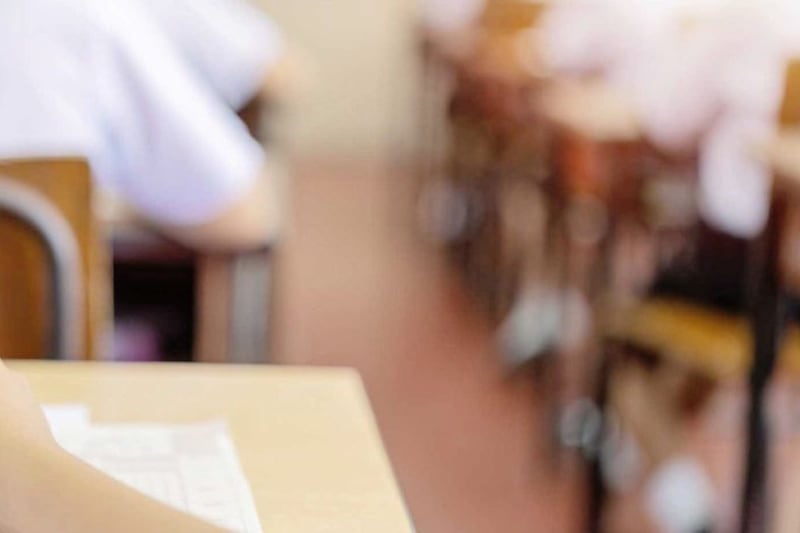CHURCHES, grammar schools and governors exercising a veto over academic selection is perpetuating social and economic inequality, a human rights report has found.
Schools using unregulated 11-plus exams have been urged to "show leadership" and build an inclusive, non-selective system.
A report from the Right to Education (R2E) group, facilitated by Participation and the Practice of Rights, said a system that raised some pupils up at the expense of others was cruel.
R2E surveyed more than 200 pupils and 50 teachers from a range of schools. Those who took part included children who `passed' or `failed' the exams.
Six out of every 10 pupils said they believed transfer tests were bad for them, while 92 per cent of teachers felt the system had a significant negative impact on children's mental health.
R2E was founded in late 2018 as a group of pupils, parents, teachers, union representatives, education analysts and human rights experts.
It convened several preparatory sessions to discuss the two tier education system.
This included considering the human rights impact of selection on those directly affected.
It also sought to "understand vested interests committed to retaining selection" and analyse previous campaigns to end the practice.
Its report highlighted a robust body of research concerning the harmful affects of selection.
This included the ILiAD report that said testing reinforced "privilege and disadvantage". Drawing a link between those with both power and vested interests, that report warned "given the in-built and distinct advantage of a grammar school education and the significant political and lobbying influence of the grammar sector, opposition to radical change is expected".
The R2E study said: "The ability of powerful institutions benefitting from the maintenance of academic selection - Churches, grammar schools, boards of governors - to exercise an effective veto over academic selection is perpetuating social and economic inequality and exclusion across our society.
"The dominance of the grammar sectors in education also generates self-perpetuating public attitudes and parental beliefs about opportunity.
"Parents contributed to the Right to Education group's surveys by recounting feelings of powerless to affect any change to the system of academic selection. While fundamentally disagreeing with it, they nevertheless were obliged to participate in it in the hope of achieving the best access to resources and support for their child."
Martin McGuinness and Caitriona Ruane were two Sinn Féin education ministers who took steps to end academic selection.
The party's education spokeswoman Karen Mullan welcomed the R2E report.
"The evidence couldn't be clearer which is why the UN Committee on the Rights of the Child, the Equality Commission, the Human Rights Commission, Children's Commissioner, the OECD, the trade union movement and the Catholic Church hierarchy have all called for an end to academic selection," she said.
"It is damaging for children and the education system. In light of this latest study, school board of governors should now show leadership and end the use of transfer tests in favour of building a fully inclusive and non-selective education system for the betterment of all our young people."
::
COMMENT
No grammar school wants to be the first to wobble on the issue of the 11-plus.
In areas including Derry, Newry and Belfast, no one is going to be the first to flinch.
While this staring contest continues, children must sit exams to gain entry into all but a handful of the north's 66 grammar schools.
In fairness to the Catholic Church, it told its schools to stop using tests, but most of them ignored this.
A few, St Ronan's in Lurgan, Loreto in Coleraine and St Patrick's in Armagh have ended selection while there are some plans to phase it out elsewhere - all Catholic schools.
The notion that having an entrance test makes a certain school `better' than another seems absurd.
It has previously been said that if a school stopped using exams, parents would still want to send their children to them. Or would they?
There were just three grammar schools that had places available after letters were sent out informing pupils which post-primary they would attend later this year. Two of these were schools that stopped or plan to stop testing.
Principals have said for years that it is sad that the interests of individual institutions appear to be considered more important than children's.
They welcome that some Catholic schools have moved to non-academic admissions but will not be content until all 66 do.








